I don't mean "portable" in a way that you can re-compile the source code under Linux or whatever, but rather a Windows-only application that does not require installation, so you just put the .exe and some dll-s in a folder and copy it to another machine and it works.
It didn't require any effort at all with VS 2003 and earlier, but with 2008 putting the missing dll-s into same folder doesn't work, it requires installing re-distributables. I remember hearing that the problem can be solved with manifests, which I have never encountered before.
So, how can I do that?
